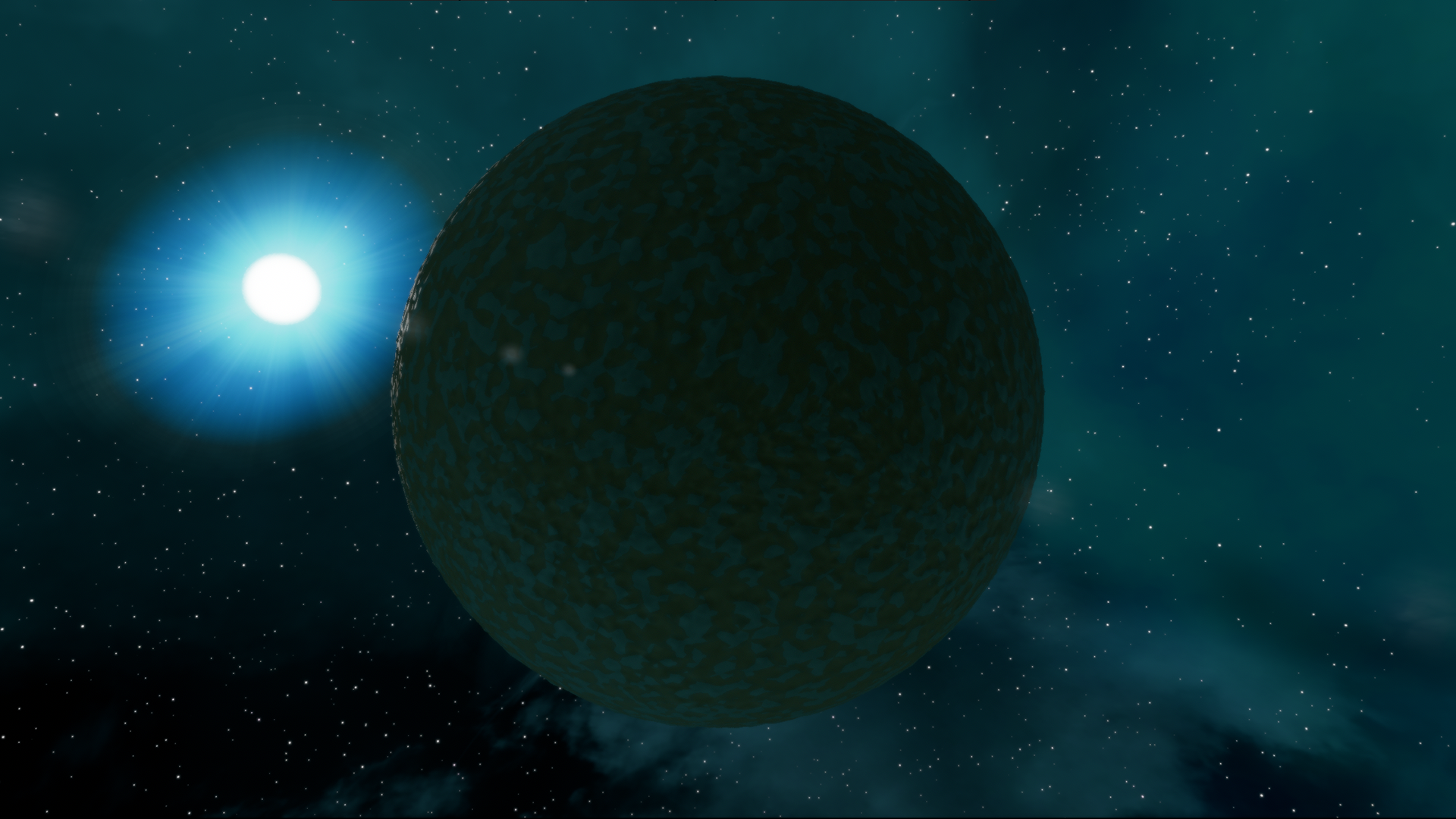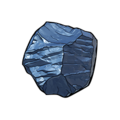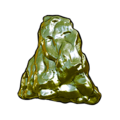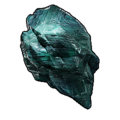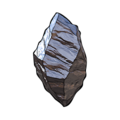Difference between revisions of "Boreas"
(Created page with "{{SB Infobox Begin |{{SB Infobox Header |image=Image:Boreas.png |factionLogo= |caption= |name= |border=none |edgeless=true }} {{SB Infobox Celestial Body General Information |pronunciation={{IPAc-en|ˈ|ˌ|b|ɔ:|.|r|i|.|ə|s}} |languageOrigin=Classical Latin |ipaKey=key |alias=Borealis |class=Submoon |satelliteOf=Euphrosyne |location=1st moon of Euphrosyn...") |
|||
| (5 intermediate revisions by one other user not shown) | |||
| Line 9: | Line 9: | ||
}} | }} | ||
{{SB Infobox Celestial Body General Information | {{SB Infobox Celestial Body General Information | ||
|pronunciation={{IPAc-en|ˈ | |pronunciation={{IPAc-en|ˈ|b|ɒr|.|i|.|ə|s}} | ||
|languageOrigin=[[wikipedia: | |languageOrigin=[[wikipedia:Ancient_Greek|Ancient Greek]] | ||
|ipaKey=[[wikipedia: | |ipaKey=[[wikipedia:Ancient_Greek_phonology|key]] | ||
|alias=Borealis | |alias=Borealis | ||
|class=Submoon | |class=Submoon | ||
| Line 38: | Line 38: | ||
}} | }} | ||
}} | }} | ||
<section begin=summary/>'''Boreas''' ({{IPAc-en|ˈ | <section begin=summary/>'''Boreas''' ({{IPAc-en|ˈ|b|ɒr|.|i|.|ə|s}}) is a satellite to the moon [[Euphrosyne]], orbiting it at nearly 700 kilometers. Owing to its low mass, Boreas lacks any trace of atmosphere, and its surface is riddled with sharp ridges and deep pockets — clear evidence of numerous asteroid impacts throughout time — and yet despite it, Boreas' gravity well extends well beyond the norm for a satellite of its size. It is perhaps because of this unusually sized gravity well that Boreas has been able to accumulate such mineral wealth over time.<section end=summary/> | ||
== Nomenclature == | == Nomenclature == | ||
From [[wikipedia:Greek_mythology|Greek Mythology]], '''Boreas''' is the god of the cold northern wind, | From [[wikipedia:Greek_mythology|Greek Mythology]], '''Boreas''' is the god of the cold northern wind and storms. He was also the [[wikipedia:Deities_and_personifications_of_seasons#Winter|god of winter]] who swept down from the cold mountains of [[wikipedia:Thrace|Thrake]], chilling the air with his icy breath. Beyond his mountain home lay [[wikipedia:Hyperborea|Hyperborea]], a mythical land of eternal spring untouched by the god's winds. | ||
Like the rest of the wind gods, Boreas was said to be the son of [[wikipedia:Eos|Eos]], the goddess of the dawn, by her husband [[wikipedia:Astraeus|Astraeus]], a minor star-god. He is thus brother to the rest of the [[wikipedia:Anemoi|Anemoi]] (the wind gods), the five star-gods and the justice goddess [[wikipedia:Astraea|Astraea]]. | |||
[[Category:Moons]] | |||
Latest revision as of 00:54, 4 August 2024
(Ancient Greek) - IPA(key)
Boreas (/ˈbɒr.i.əs/) is a satellite to the moon Euphrosyne, orbiting it at nearly 700 kilometers. Owing to its low mass, Boreas lacks any trace of atmosphere, and its surface is riddled with sharp ridges and deep pockets — clear evidence of numerous asteroid impacts throughout time — and yet despite it, Boreas' gravity well extends well beyond the norm for a satellite of its size. It is perhaps because of this unusually sized gravity well that Boreas has been able to accumulate such mineral wealth over time.
Nomenclature
From Greek Mythology, Boreas is the god of the cold northern wind and storms. He was also the god of winter who swept down from the cold mountains of Thrake, chilling the air with his icy breath. Beyond his mountain home lay Hyperborea, a mythical land of eternal spring untouched by the god's winds.
Like the rest of the wind gods, Boreas was said to be the son of Eos, the goddess of the dawn, by her husband Astraeus, a minor star-god. He is thus brother to the rest of the Anemoi (the wind gods), the five star-gods and the justice goddess Astraea.
